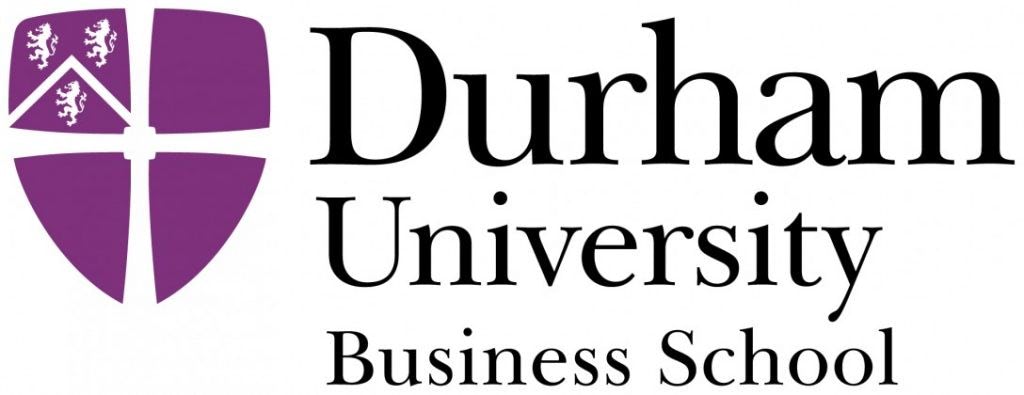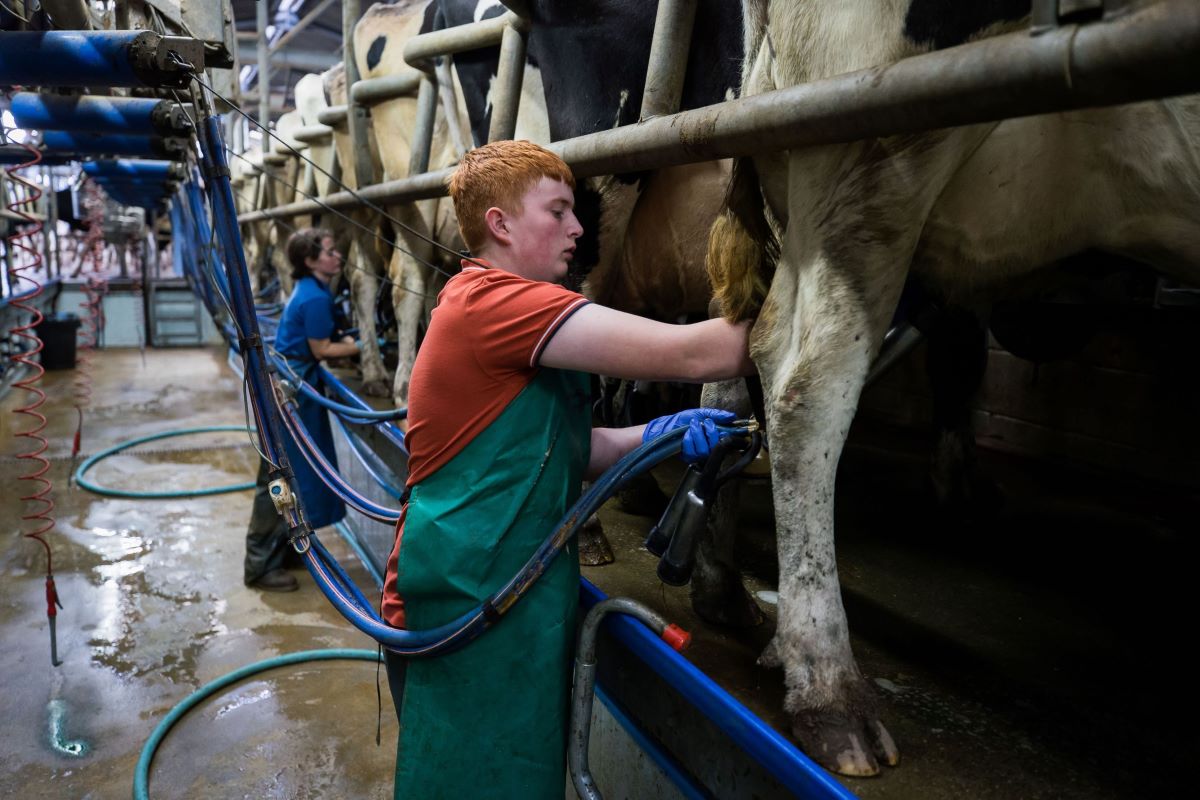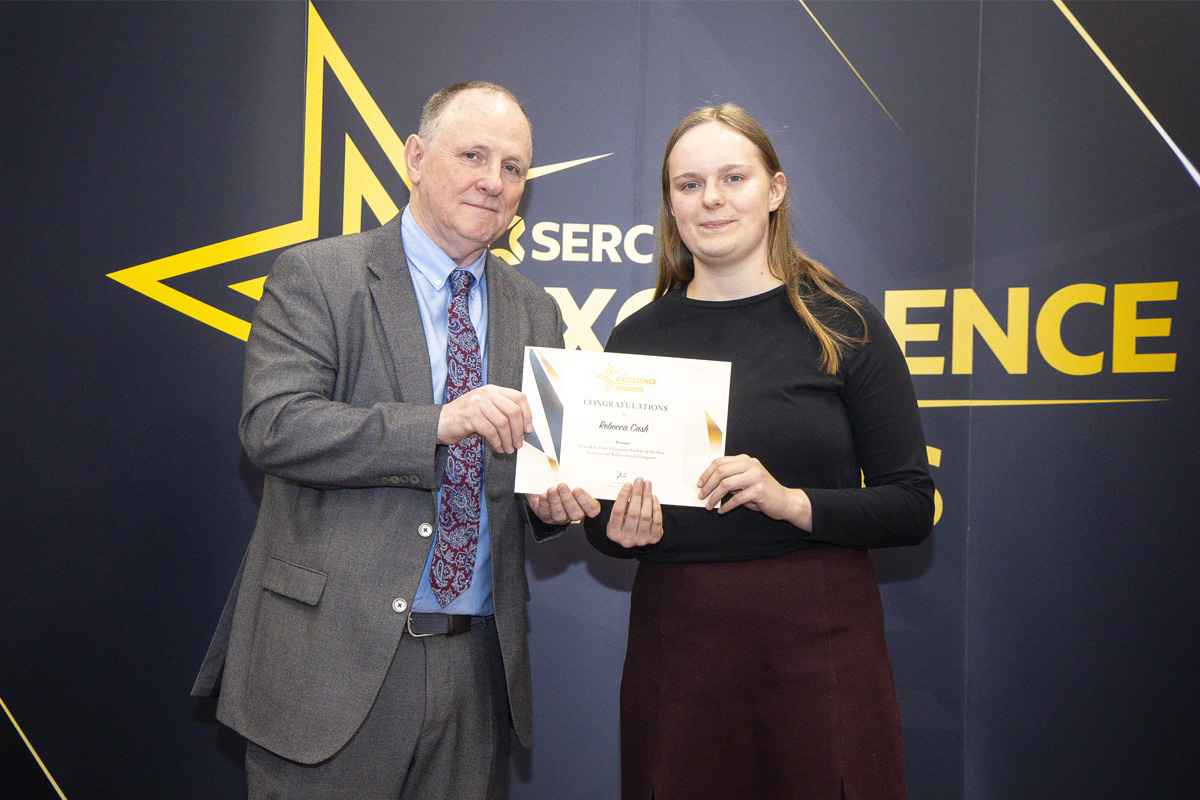Durham University launches new Master of Energy Systems Management

@Durham_Uni has today (30 Mar) announced the launch of a new Master of Energy Systems Management programme, starting in September 2021.
The programme, which is full-time and one year-long, will be taught by Durham University Business School and the University’s Department of Engineering, in partnership with the Durham Energy Institute. A part-time online and blended offer is planned to be introduced for the following academic year.
Climate Change is an indisputable reality. Universities around the world need to prepare students with the right skills to support the essential move toward Net Zero across the globe; balancing greenhouse gases produced, with greenhouse gases removed from the earth’s atmosphere.
Dr Joanna Berry, Associate Professor in Entrepreneurship and Co-Director of the programme says,
“In the year the UK hosts the UN Climate Change Conference, COP26, it is hugely exciting to be launching this new programme. It could not be more timely or appropriate, as it will provide students with both the technical and strategic information, they will need to work towards achieving net zero and tackling the global challenges with which climate change confronts us.
Students from all over the world will bring together their different perspectives on these global challenges, in the context of the United Nations strategic development goals. We will inform their learning and responses to these through the world-class research and intelligence of Durham University’s exceptional academics, with the support of Durham Energy Institute.”
The programme will address the need for future business leaders to understand and support the economic and environmental transformations required as the world moves to zero carbon operation. Students will also develop skills in technologies of energy conversion, as core modules cover a range of business and relevant engineering subjects, including the future of vehicles, Net Zero challenges and renewable energy technologies, amongst others.
Dr Grant Ingram, Associate Professor in Thermodynamics and Fluid Mechanics and Co-Director of the programme says,
“This is an incredibly exciting time for anyone involved in energy. The transition to a zero-carbon future is gathering pace worldwide, and there is a strong need for leaders with high level skills in both technology and management. This bold new course will produce future leaders who are as comfortable talking about technology as they are about strategy. This blend of expertise will be hugely valuable in the future energy industry and their skills will accelerate the transition to a net zero world.”
With strong links with industry, there are opportunities for engagement throughout the year. Students will also undertake a Strategic Business and Engineering Project, a major piece of independent work involving an in-depth investigation of a specific topic or issue.
Brian Matthews, Member of the Advisory Board at the Durham Energy Institute, says,
“The need to decarbonise and reduce the impact of energy production and use, while making it affordable, flexible and always available, is one of the biggest challenges the world is facing. This new Masters degree will provide students with a deep understanding of the challenges, opportunities and innovation required to achieve Net Zero.”
Participants will also benefit from a wide range of leading careers services with the University’s Careers, Employability and Enterprise Centre. These include, one-to-one careers support, a specific, tailored Global Career and Talent programme and alumni career support.











Responses